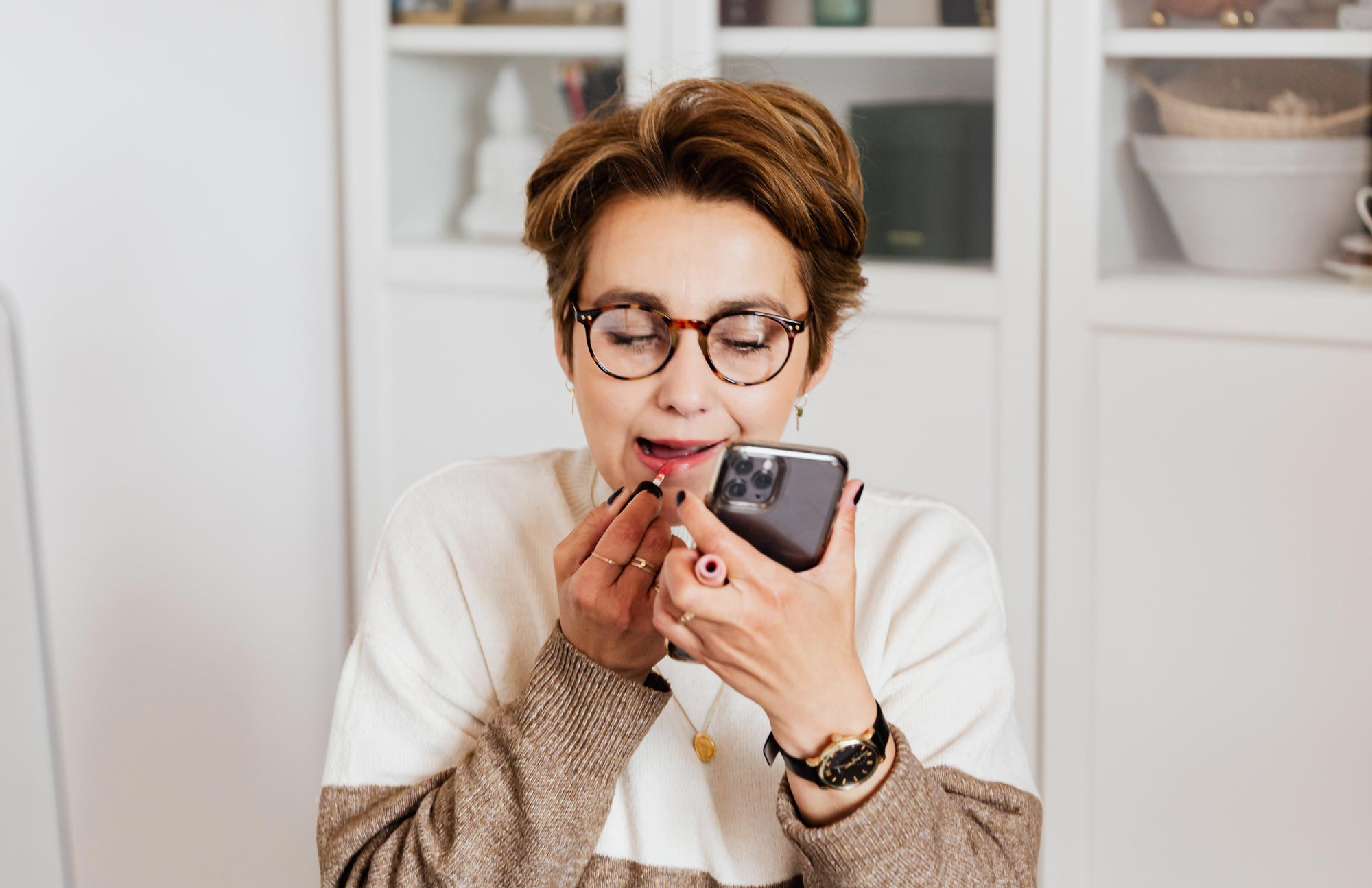While the coronavirus’ impact on industries like healthcare and education has been obvious and much discussed, it is also accelerating the digital transformation of a less obvious industry: beauty.
Overall, sales of cosmetics and beauty-related products and services have grown to become a more than $160 billion industry, with projections to grow 5.5% over the coming years. But the pandemic has likely hastened that growth curve and is forcing the sector to rethink everything from products to marketing to delivery channels.
Personally, I can attest to the allure of the industry and its hold over me. My purchase of cosmetics and hair products online during shelter-in-place definitely increased, and one of the first things I did during reopening was book a hair appointment (after confirming their safety precautions).
I am obviously not alone as stories of women turning to semi-permanent lipstick tattoos to avoid smears by face coverings emerge. Or – for those less keen to commit long-term to a color – virtual services like Estée Lauder’s “30 Shades of Lipstick in 30 Seconds.”
Sowmya Gottipati, Vice President of Global Brand Technologies, Estee Lauder at The Estée Lauder Companies told me that the campaign and others like it are part of the company’s embrace of a beauty industry increasingly powered by technology. Her job is to help identify and then champion those technologies best able to reimagine how customers can experience, purchase, and use beauty products from one of the company’s over 30 brands, including Clinique, GlamGlow, Too Faced, and MAC.
The lipstick try-on service was made possible through Estée Lauder’s use of Augmented Reality (AR), Artificial Intelligence (AI), and a partnership with YouCam Makeup. Early on, the company realized the power of a Virtual Try-On (VTO) capability and was one of the first to deploy it across its retail channels and online.
The VTO approach to lipstick resulted in a 2.5 times higher conversion rate and improved customer loyalty. Gottipati says Estée Lauder is actively seeking new ways to use VTO for other products with aims to realize the same performance boosts. Those experiences are even more critical now during a time when few of us can travel to the department store to test fragrances and makeup.

Gottipati says the company has also deployed technology behind the scenes, like new data analytics capabilities to launch and refine consumer engagement both through marketing channels and in-store experiences. And over the next few years, the company plans to expand seamless omni-retail capabilities, create new futuristic manufacturing and distribution centers, and leverage predictive analytics to optimize supply and demand planning. Of note, Estée Lauder is already piloting new AR glasses in its manufacturing facilities that enable employees to perform certain tasks using remote instruction via the glasses.
Growing up in India, Gottipati was drawn to math and the internet. She pursued those passions in school, earning bachelor’s and master’s degrees in engineering. She joined AT&T in the late 1990s, climbing the ranks to become a technology manager and eventual advisor to the company’s Chief Technology Officer. Seeking to broaden her exposure to business, Gottipati then left to attend Columbia University and earn her MBA.
Eventually, she joined The Estée Lauder Companies in 2019 to help drive technology at both the company’s brand and among its Global IT leadership teams. She serves a critical role advising the brand about technology thought leadership while also working to identify, prioritize, and deliver projects that support Estée Lauder’s near- and long-term growth opportunities.
Gottipati is accountable for all of the brand’s technology investments, manages its technology portfolio and innovation initiatives, and co-manages the solution delivery teams. Her mission is to apply technology to solve business problems and deliver enhanced consumer experiences. It means she has to stay current on all cutting-edge technologies and companies, constantly thinking about new ways to use them to create and improve long-lasting relationships.
For her, this is reflective of a recent Jim Cramer comment about Tesla: “[It’s] not really a car company, it’s a tech company on wheels.” She believes this approach will become true of leaders in nearly every other industry – banking, retail, healthcare, and even beauty.
Echoing comments from my last column, Gottipati counsels that technology has become part and parcel of running any business. This has become even more acute in the pandemic, with tech being an integral part of how we communicate, entertain, shop, live, and learn.
Given that, she says that everyone’s career is now dependent on technology in some way. Her advice to others is to understand both technology and its application to business. Gottipati says understanding this duality is even more important as one moves up the corporate ladder.
Tracey Welson-Rossman is the Chief Marketing Officer at Chariot Solutions, and a frequent Forbes contributor. This was posted on Forbes on July 16, 2020. You can read the original article here.
